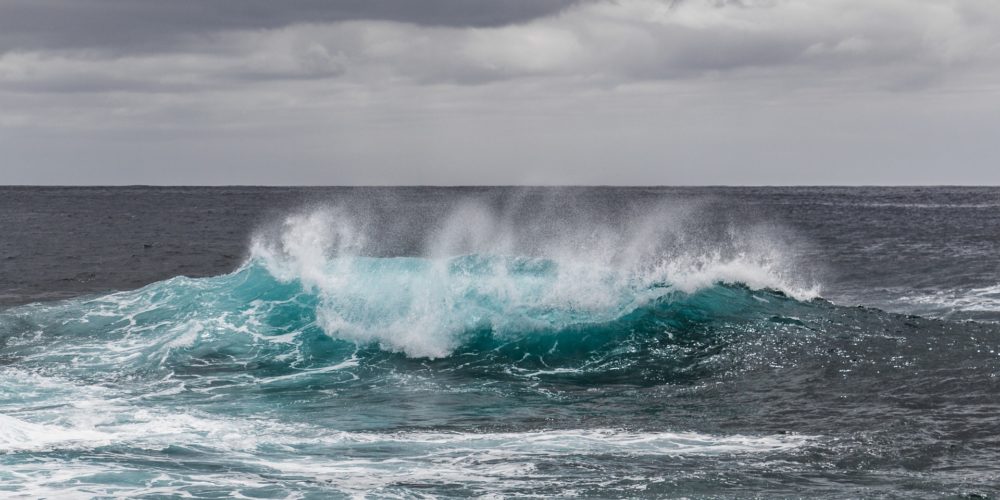Are you living your life in denial of your own death?

As a young boy sitting in temples and community halls I would wonder why almost everything had some human’s name on it. A hall, a library, even the folding chairs. Someone’s name would be there, preceded by the words ‘donated by…’ or ‘in memory of…’
Anthropologist Ernest Becker wrote a remarkable book around the same time that I was making these observations. It was called The Denial of Death, and won a Pulitzer Prize. In it, the author posits that the central driver of human behaviour is our effort to deny and upstage the fact of our own death. Because we are self-conscious, unlike other animals, we are aware that we will die. We want to be splendid, heroic creatures that transcend their own mortality; yet we know only too well that we all, in the author’s words, eventually become ‘food for worms.’
The book made a compelling case that this fear of death is the what defines our civilisations. Our religious, military, social and political institutions all arise from attempts to deny our mortality. All our cultures attempt to make life meaningful by providing a convincing account of our origins before this life; and of how to gain immortality by behaving in accordance with certain rules and dictates.
Those who can pay for it want their names recorded on plaques; those who can’t, carve them onto the bark of trees. Some create institutions that they hope will cherish their memory; others create works of art or meaning that they hope will survive them. We want to be honoured and revered – or at least remembered.
Sadly, it won’t happen for most of us. As I tell those who join my own leadership programme, most of us will sink like stones, unremembered, uncherished. We will depart without having left a single meaningful mark on the world in which we lived.
There are no cheap ways of avoiding mortality. Suppose your name is on some building or organization. So what? 100 years after your death, it’s just a set of letters. People are not going to read your name and think about you, honour you or applaud you. They’ll be too busy. Or suppose you made a pile of money in your lifetime, and people flocked around you while you were alive. Those guys will revere you, right? Ha ha.
They worshipped your money, not you. Once you were gone, there was no abiding memory of you other than that you had some dosh. But what if you left it for them? Those who get a pleasant surprise might harbour some fond memories, true; but those who felt entitled to inherit it from you will probably fight amongst themselves after your demise, and then feel bitter towards you for having hidden inheritors. They may despise you for making your intentions clear; or for leaving them unclear.
So what is to be done? How do we overcome our own mortality?
Firstly, by forgetting about it. Recognise, clearly, that it is almost impossible to be remembered genuinely by more than a handful of people. Even that inner circle will move on – and so it should. Mortality is our lot, not perpetuity. We are meant to be here, then not be here, and be fine with that. It’s just how it is.
Secondly and more importantly, we live beyond our lifespans only by living in the service of something bigger than ourselves. A big life is not necessarily a long life, nor is it one that is lived for the purpose of being remembered. A big life is a life lived in the service of a bigger deal. It is about things other than its own trivial pursuits. It is a life spent in advancing knowledge; in solving problems; in easing frictions; in giving joy; in granting fulfilment; in gifting kindness; in teaching others to teach others.
When we participate in the broad sweep of humanity, we lose the need to stand out. We realise that the ocean is the thing that inspires awe, not any single wave. Waves emerge, they build, they crash onto the sand, they are replaced by other waves. They are just a movement in the water. The water will last, and it will nurture and inspire those that live in it and observe it, for millennia to come.
By yourself, you are a mere wave. Do your dance in the few minutes that you are alive, and then be ready to be ocean again.
(Sunday Nation, 3 March 2019)
Sunny Bindra’s new book, The Bigger Deal, is now on sale.

Buy Sunny Bindra's book
UP & AHEAD
here »
Popular Posts
- What is a nation?June 30, 2024
- To be a great leader, think like a farmerJuly 21, 2024
- Don’t be surprised by surprisesJuly 14, 2024
- It takes mavericks to change the gameJuly 7, 2024
- Why we should all be activistsJune 16, 2024















